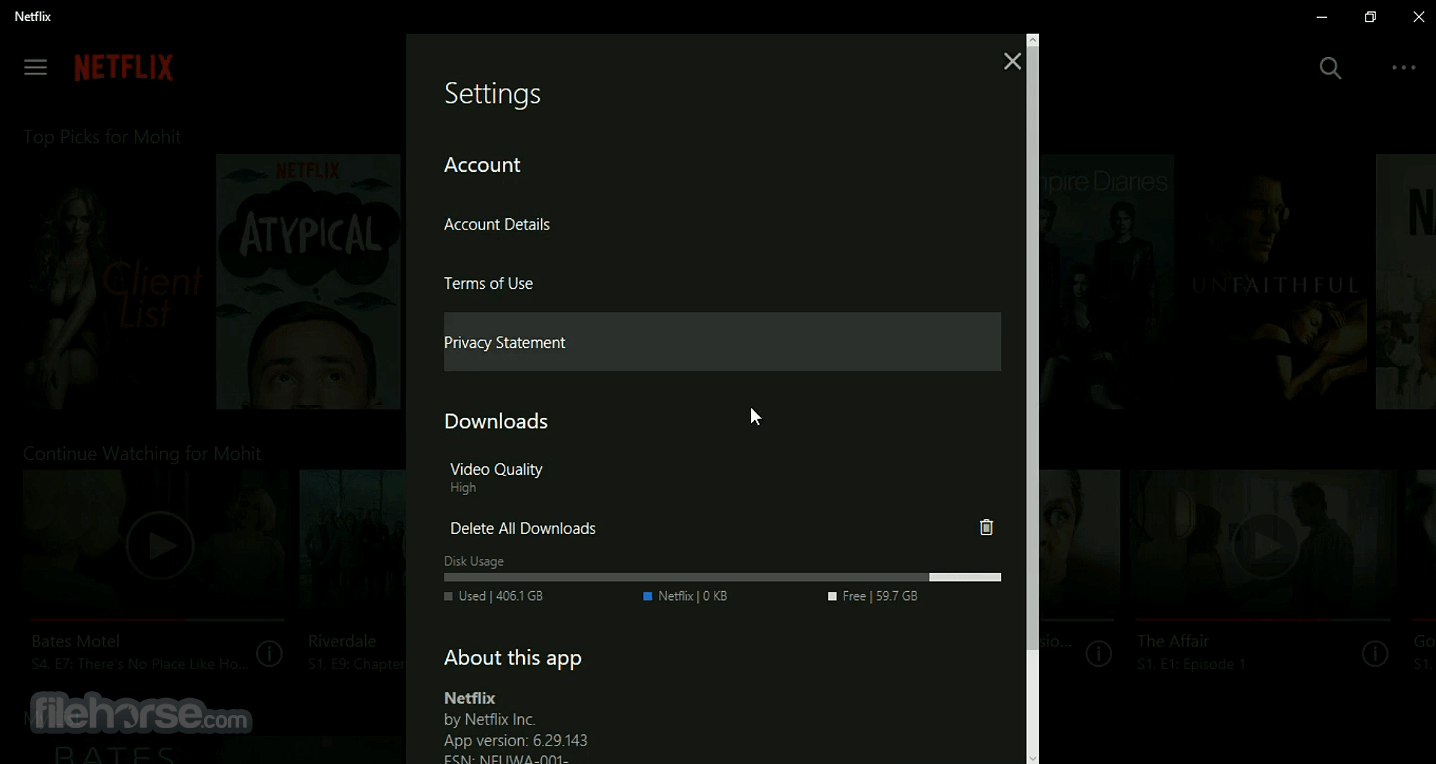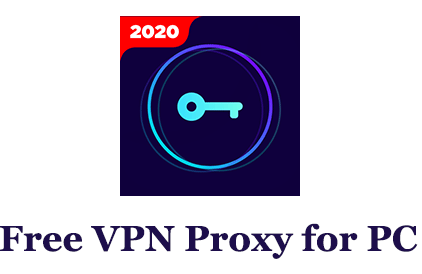

Where we describe the features of VPNs in this article, we’re referring to personal VPN services exclusively.īy comparison, remote access VPNs are typically used by employees to access their company’s files when traveling or working from home. These VPNs use technologies like OpenVPN or WireGuard to create encrypted connections to remote servers, helping users to obfuscate their IP address and evade censorship or geographic restrictions. Personal VPN services are the most common type of VPN software for users at home, and they’re also the type of VPN software that we review at. There are four main types of VPN software: personal VPN services, remote access VPNs, mobile VPNs, and site-to-site VPNs. These are the most popular uses, but there are also other reasons for using a virtual private network. Access international entertainment content (22%).Access restricted streaming/file-sharing/torrent sites (23%).Protect privacy on public WiFi networks (51%).We collaborated with GlobalWebIndex to interview VPN users around the world and find out why they used a VPN.

In doing so, you can spoof your geographic location and unblock restricted content from all over the world, including dozens of streaming libraries. VPN services also let you connect to servers in different countries, temporarily replacing your IP address in the process. This encryption also prevents criminals identifying and stealing your personal information on public WiFi networks. A high-quality VPN has many purposes related to internet privacy, security, safety, anonymity, and freedom.įirstly, a VPN helps to stop Internet Service Providers (ISPs), governments, and websites from monitoring your browsing activity.īy encrypting the data between your device and the VPN server, these entities are no longer be able to record the websites you visit or the files you download.


 0 kommentar(er)
0 kommentar(er)
